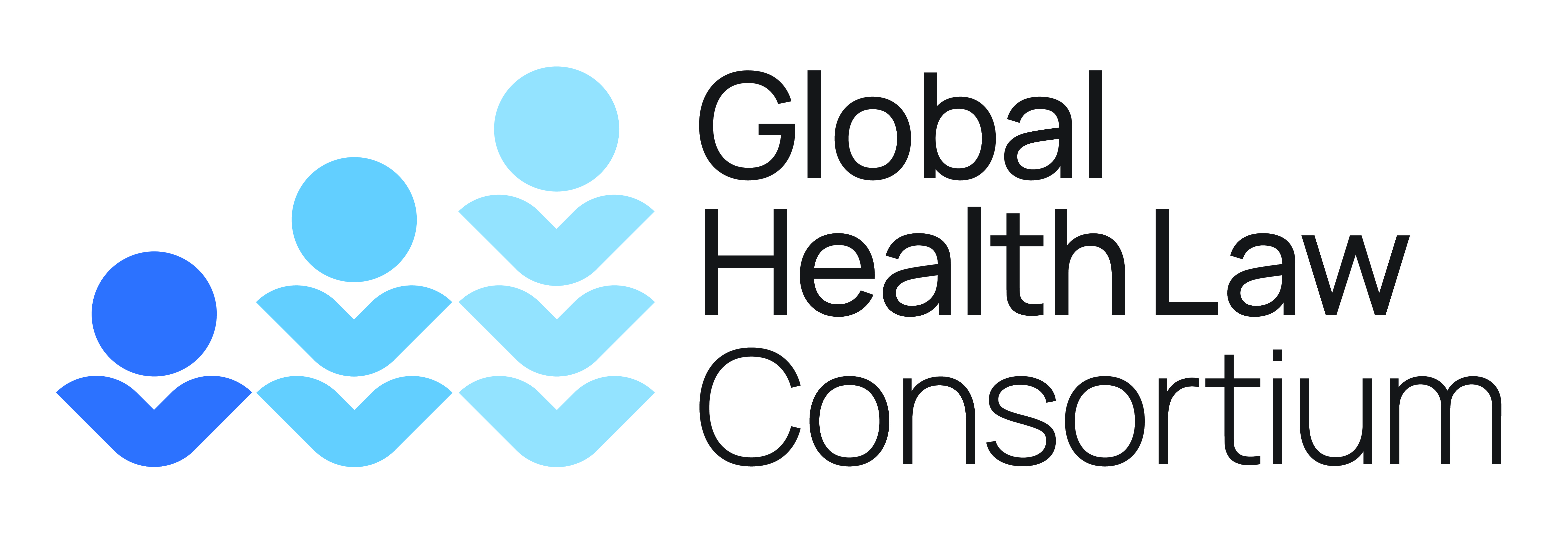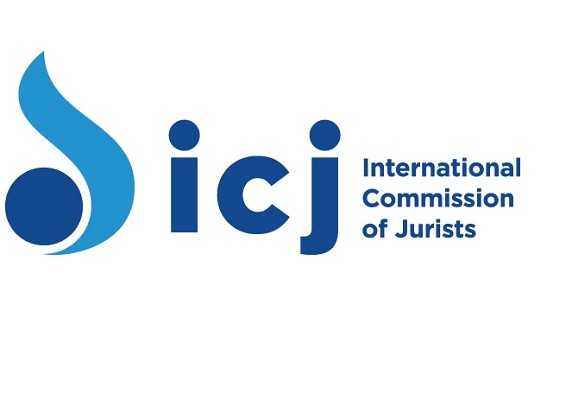Introduction :
The International Health Regulations (IHR) set the legal foundation for international cooperation on infectious disease outbreaks. Adopted under the World Health Organization (WHO), the IHR must be implemented with respect for the dignity, human rights and fundamental freedoms of persons, in accordance with prevailing international human rights treaties. These human rights treaties recognize that, during national emergencies, governments may be required to restrict some individual rights to ensure the wellbeing of the public.
Such human rights restrictions may only be justified under limited conditions, which are articulated by the 1984 Siracusa Principles on the Limitations and Derogations Provisions in the International Covenant for Civil and Political Rights (Siracusa Principles). Developed through consensus among jurists convened by the International Commission of Jurists (ICJ), the Siracusa Principles are recognized by a wide range of stakeholders, including the WHO, as an authoritative statement of standards that must guide governments when they seek to limit certain human rights obligations during national emergencies. The Siracusa Principles, however, fall short of addressing the legal and ethical challenges inherent in public health emergencies, as revealed by the COVID-19 pandemic. These unique health challenges include, among other things, the scientific uncertainty underpinning government responses to new public health threats, the inherent risks for individuals due to the long-term use of public health surveillance technologies, and the imperative for global solidarity to overcome a pandemic threat.
In response to shortcomings in the Siracusa Principles, the Global Health Law Consortium and the ICJ embarked on the development of a new set of Principles and Guidelines on Human Rights and Public Health Emergencies (the ‘Principles’). A preliminary draft of the Principles was discussed at an interim expert convening in Italy in November 2021, scholars, practitioners and advocates in human rights and global health law. The invited experts agreed to revise the draft Principles based on virtual regional dialogues with human rights defenders at the frontlines of local COVID-19 responses.
Subsequently, the ICJ and the Consortium held over six virtual regional consultations with human rights defenders at the frontlines of local responses to the COVID-19 pandemic. From June to August 2022, consultations were held with subject-matter experts based in North America and Europe, Sub-Saharan Africa, Middle East and North Africa, Asia-Pacific, Australia and New Zealand, and Latin America. The draft Principles were translated into three additional languages (French, Spanish, and Arabic) and simultaneous interpretation was made available during the virtual consultations in Portuguese and Spanish. The results from regional consultations were deliberated in a meeting of the consultation leads in Nairobi, Kenya, and led to six regional reports as well as a revision of the Principles in November 2022.
In 2022, the Brocher Foundation agreed to host the Concluding Workshop on these Principles. The Workshop aims to finalize the Principles, taking stock of key findings from regional consultations, and subsequent expert consultations. Confirmed Workshop participants include experts who are affiliated with universities and organisations from around the world and consist of established and emerging scholars and practitioners of global health law and human rights law. Participants will join the Workshop either virtually or in-person from Canada, Chile, Germany, India, Italy, Japan, Kenya, Malaysia, The Netherlands, South Africa, Switzerland, Taiwan, the United Kingdom, and the United States.
The post-Workshop, final version of the Principles will represent a consensus-based clarification and consolidation of international human rights law and standards guiding the prevention of, preparation for, response to, and recovery from public health emergencies.



